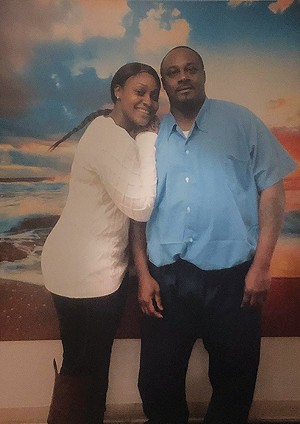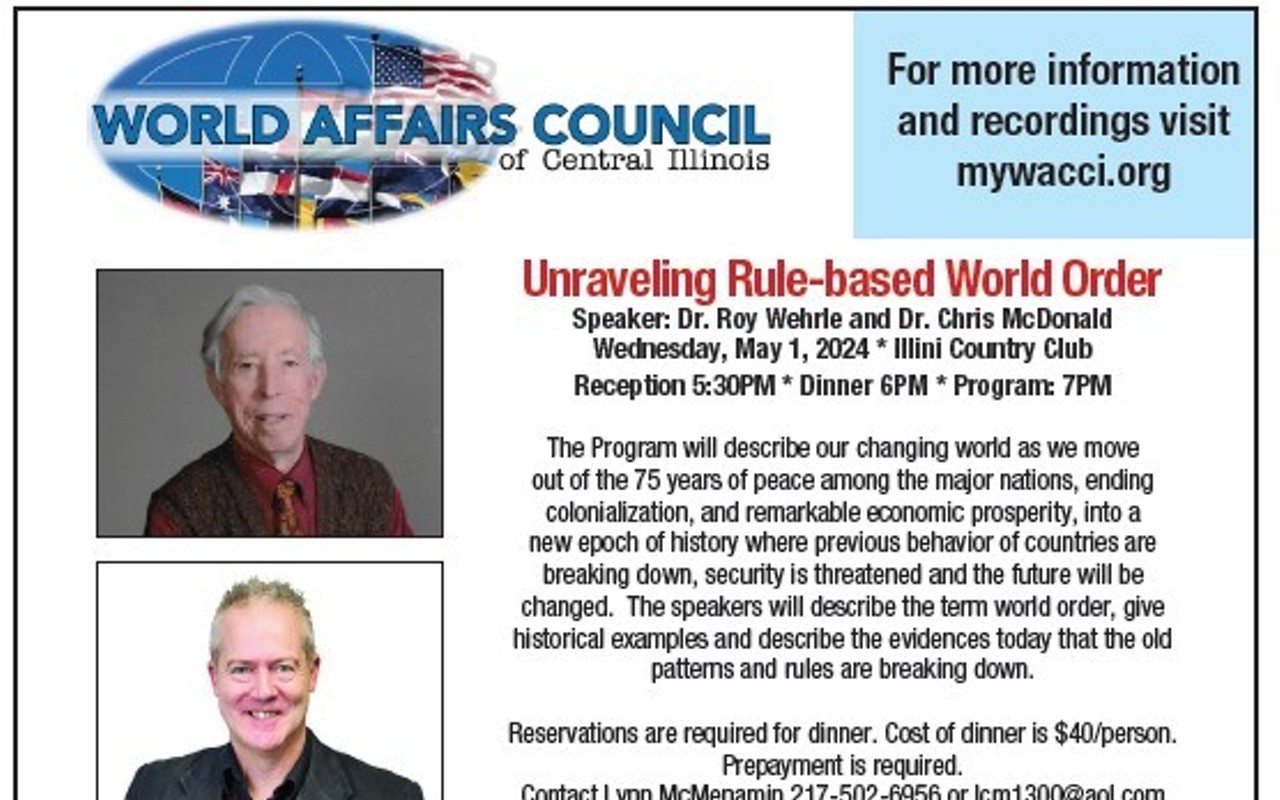"I used to say that I wanted to be a lawyer so that I could get him out of jail," Lieutenant LaSheda Brooks said about her father, Antonio House. Brooks, 30, is now a judge advocate for the U.S. Navy. She has spent her adult life fighting for her father's freedom.
House, 47, has a current case before the Illinois Supreme Court over convictions from more than two decades ago. He is also seeking relief through a separate claim of innocence, which is a difficult legal process that can take many years.
House was 19 when he was arrested for alleged connections to two 1993 Cook County murders. House was later convicted of kidnapping and murder charges and received a mandatory natural life sentence.
In 2010, House challenged the sentence. The Illinois Appellate Court decided that House's life sentence violated the Illinois Constitution. The court's opinion pointed to other cases involving the sentences of young adults and said House should have a new hearing where factors like his age at the time of the crime and difficult life circumstances could be weighed. But the Illinois Attorney General has blocked resentencing proceedings and the matter is now before the state's highest court.
Jobi Cates is founder and executive director of Restore Justice, an Illinois nonprofit focused on long-term incarceration reform. She points to the 2012 decision, Miller v. Alabama, where the U.S. Supreme Court decided that the constitutional prohibition against cruel and unusual punishment forbids juvenile offenders from receiving mandatory life sentences without the possibility of parole. While House was 19 at the time of his conviction, studies show teens are still developing cognitively, said Cates. "Science is always evolving. We're always learning new things." But the research establishment has found, definitively, that the brain continues to develop into a person's 20s, said Cates.
House's attorney, assistant appellate defender, Lauren Bauser, wants the Illinois Supreme Court to consider brain science and evolving sentencing standards regarding youth when it looks at House's case. She told the court House was a teenage lookout who was convicted under a theory of accountability, meaning he wasn't at the scene of the crime nearly three decades ago. "We have had this clear trend in the nation and in the state legislature in the past decade moving toward more sentencing discretion involving youthful offenders," Bauser told Illinois Times.
A different path
Fred Weatherspoon, also convicted in connection to the same murders as House – and 17 at the time of his arrest – was originally sentenced to life in prison without a chance of release or parole. Weatherspoon, however, was resentenced by a circuit court in 2016, and in 2018 he was freed.
"We were targeted to be drug dealers," Weatherspoon said about his youth. "We fell into those rat traps, but of course we were guided by adults," he said. "Everything I ever did as a boy was looked at through the context of criminalization."
Weatherspoon said he's made a lot of personal improvements. "I was able to mature ... and figure some things out to understand that I was going to be the one who improved my lot in life." While incarcerated, Weatherspoon received a GED and began therapy.
Today, Weatherspoon works as a mentor and advocate in the North Englewood neighborhood of Chicago at the Precious Blood Ministry of Reconciliation. The nonprofit specializes in helping young people and offers communal healing circles, job preparation, support networks and other services. Mentors at Precious Blood help people find jobs and offer emotional support and therapeutic services.
Fight for release
Being incarcerated did not stop House from being a diligent father. LaSheda Brooks said he taught her how to build resumes, look for college programs and funding and was always willing to give her advice.
Because of COVID-19, Brooks and her daughter only get one or two chances per month to visit with House via Skype. Each call lasts just 15 minutes and while Brooks is relieved to see her father, his living conditions worry her. Last year, he caught coronavirus and received limited treatment, said Brooks. She said her father was recently attacked while in custody. During the last video call she had with her father, "he had on handcuffs, a face mask and a broken wrist," she said. "It's traumatizing and that's how my daughter talks to her grandfather."
Brooks said she wants people to remember that "everyone who's in prison, they're alive ... they're real people, with real roles and real relationships." Her father is a changed person from the teenager who first became incarcerated. And he and his family will keep fighting for his release.
Contact Madison Angell at [email protected].

















